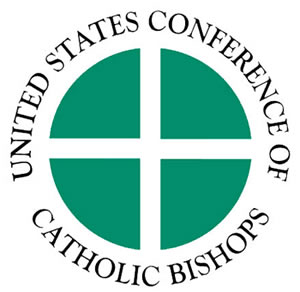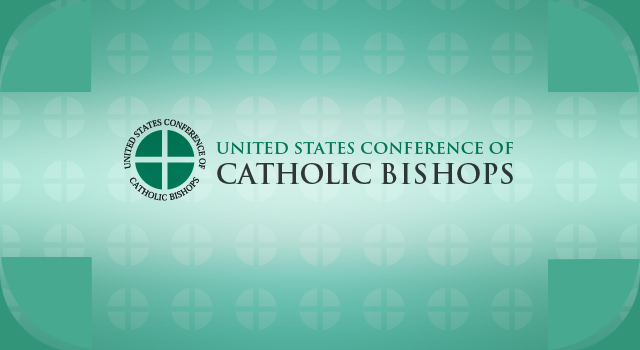By US Conference of Catholic Bishops -
WASHINGTON, D.C. | Recent media reports and the use of the social media hashtag #WhereAreTheChildren have led to confusion about the “missing” unaccompanied children living here in the U.S. and whether these children were separated from their parents at the U.S./Mexico border. Please see our FAQ below to explain the difference between the two issues.
Have the “missing” 1,475 children been separated from their families at the U.S./Mexico Border?

No, most likely not. The 1,475 children referenced by the Department of Health and Human Services in recent Congressional testimony, and in subsequent media reports, are unaccompanied children that most likely did not experience separation from a parent or legal guardian at the U.S./Mexico border. These children have been in the U.S. since the end of 2017, prior to the Administration’s announcement and implementation of the “zero-tolerance policy.” While it is possible that some faced family separation, it is likely not the case for most of these children.
What does it mean that the children are “missing”?
In 2017, between October and December 2017, HHS/ORR* tried to contact 1,475 children (out of 7,635 cases) during routine follow-up calls but could not make contact. These 1,475 children were:
- “Unaccompanied” - meaning they were referred to HHS/ORR for care. After review by HHS/ORR, the 1,475 children were released to family or family friends (“sponsors”) pending immigration removal proceedings;
- Living in the U.S. - they were living with sponsors when HHS/ORR attempted to contact them during a safety and well-being check-in call that routinely occurs for all children 30 days after release. HHS/ORR did not get a response from the sponsors when they were contacted. In many instances, these children may still be with the contacted sponsor, however, the sponsor did not or was not able to respond to HHS/ORR’s outreach.
Why would a sponsor/parent of an unaccompanied child not respond to ORR?
There are many reasons a sponsor may not respond to ORR. The sponsor may be afraid to respond to HHS/ORR given fear over his or her immigration status; the sponsor may have changed his or her phone number or contact information; or, in some cases, the sponsor could be abusing or exploiting a child.
What can we do to prevent further unaccompanied children from being lost?
There are many important tools that can be used to help keep unaccompanied children safe, such as increased family reunification services (post-release services and home studies). We know that when a child is connected with post-release services, HHS/ORR is able to monitor the safety and location (including address changes) of children much more effectively than for those children released with no services in place.
If these programs exist, why didn’t they help the 1,475 “missing” children?
Unfortunately, due to budgetary constraints, only a limited number of the children (32 percent) HHS/ORR releases from care receive post-release services and home studies.
What can we do to better protect unaccompanied children?
- Learn more about unaccompanied children
- Encourage Congress to increase funding to HHS/ORR for family reunification services
- Support the existing protections for unaccompanied children in the Trafficking Victims Protection Reauthorization Act of 2008
- Support unaccompanied children and their families in your community
- Become a foster parent.
There are numerous media reports about the U.S. government separating parents from their children at the border. Is that true?
Yes. On May 23, 2018, the Senate Committee on the Judiciary, Subcommittee on Border Security and Immigration held a hearing where a Customs and Border Protection representative testified that from May 6 to May 19, 638 adults traveling with 658 children were prosecuted for improper entry, resulting in separation of these families.
What is happening to those children?
They are being sent to HHS/ORR custody, as they are now being considered “unaccompanied.” To learn more, please see our Backgrounder on Family Separation.
What happens to the parents?
The parents are being criminally charged and sent to the custody of the U.S. Marshals Service or, in some cases, immigrant detention. To learn more, please see our Backgrounder on Family Separation.
What can we do to help separated families?
- Learn more about family separation
- Tell Congress to demand an end to family separation
- Prevent DHS from receiving funding for this harmful and costly practice
- Propose more humane solutions, such as alternatives to detention
- Support recently arrived immigrant families in your community.
ENDNOTE
* The Department of Health and Human Services’ Office of Refugee Resettlement (ORR) is the entity that oversees the care and custody of unaccompanied immigrant children after they have been apprehended by the DHS and before they have been reunited with family pending immigration removal proceedings, if possible.

